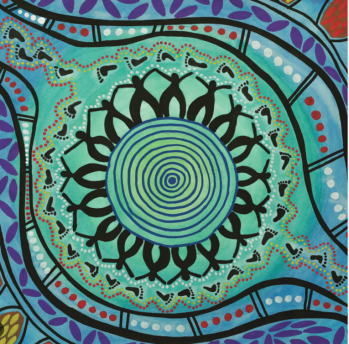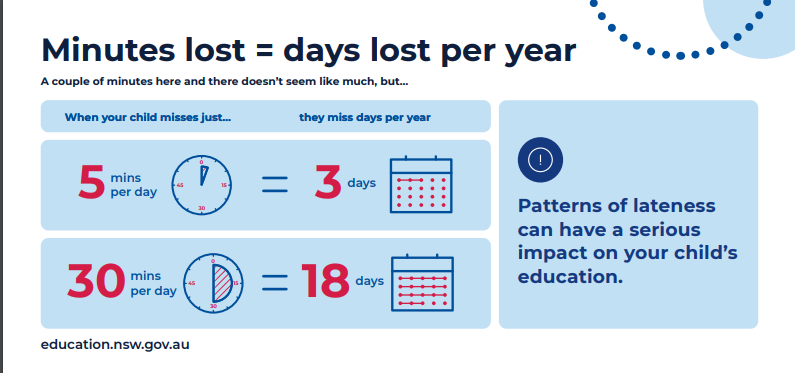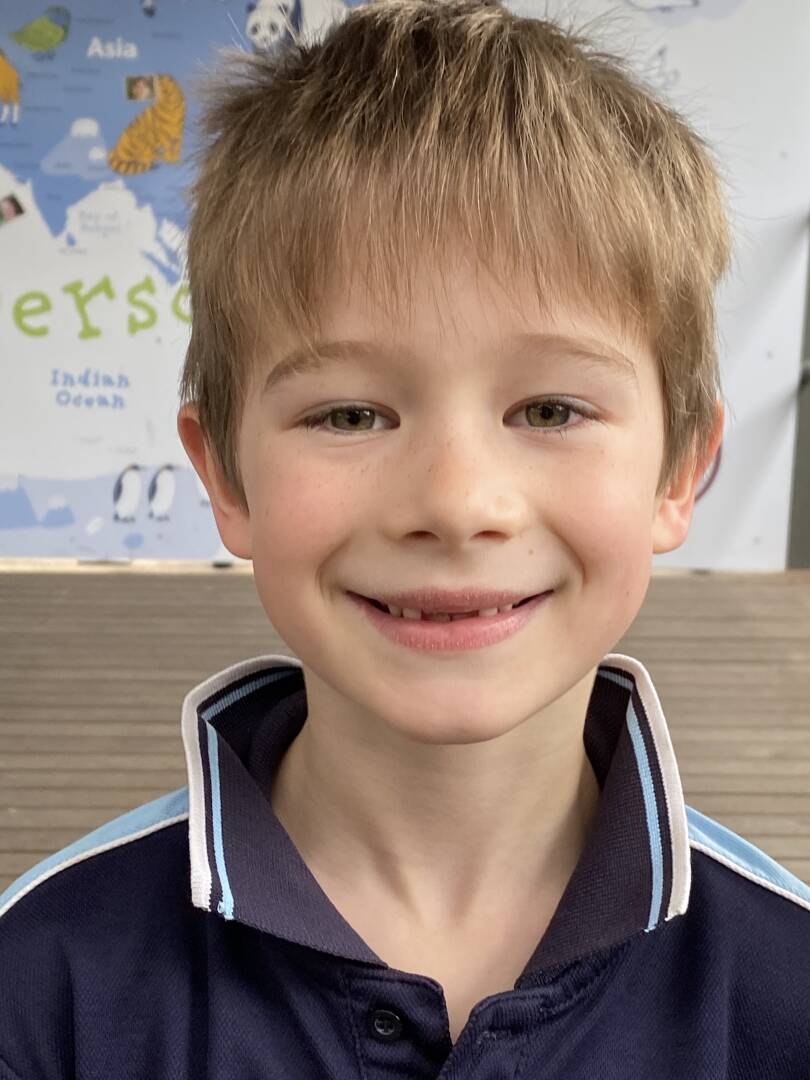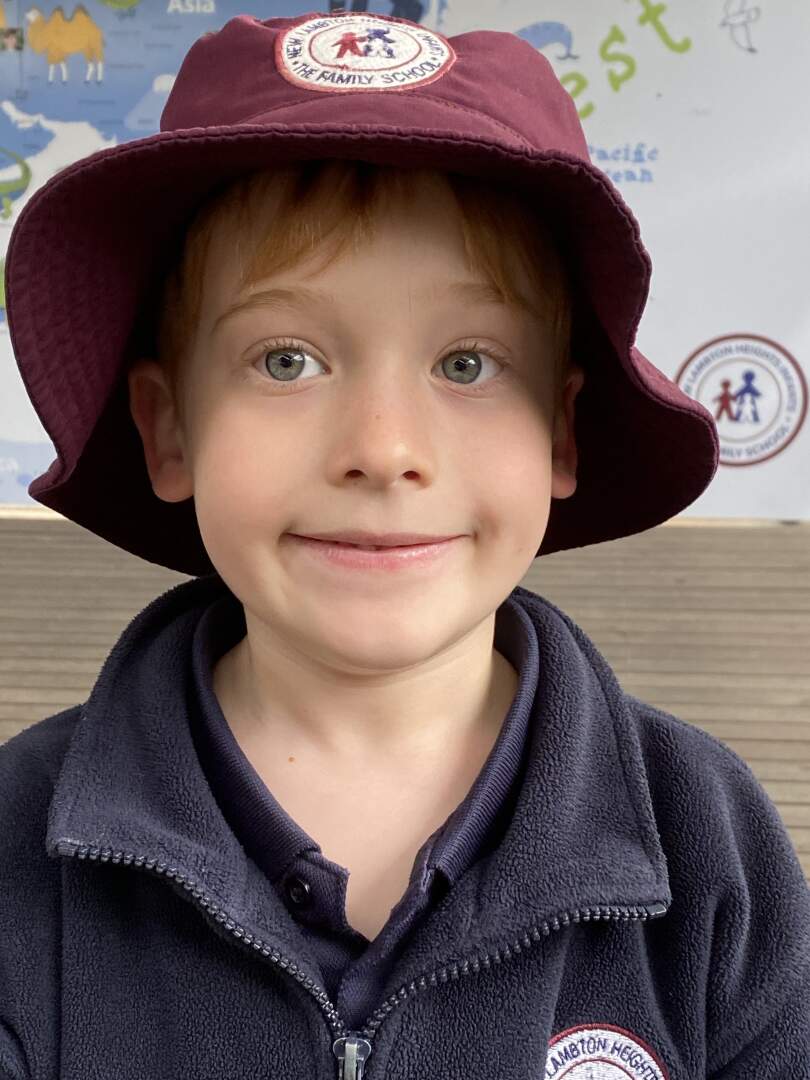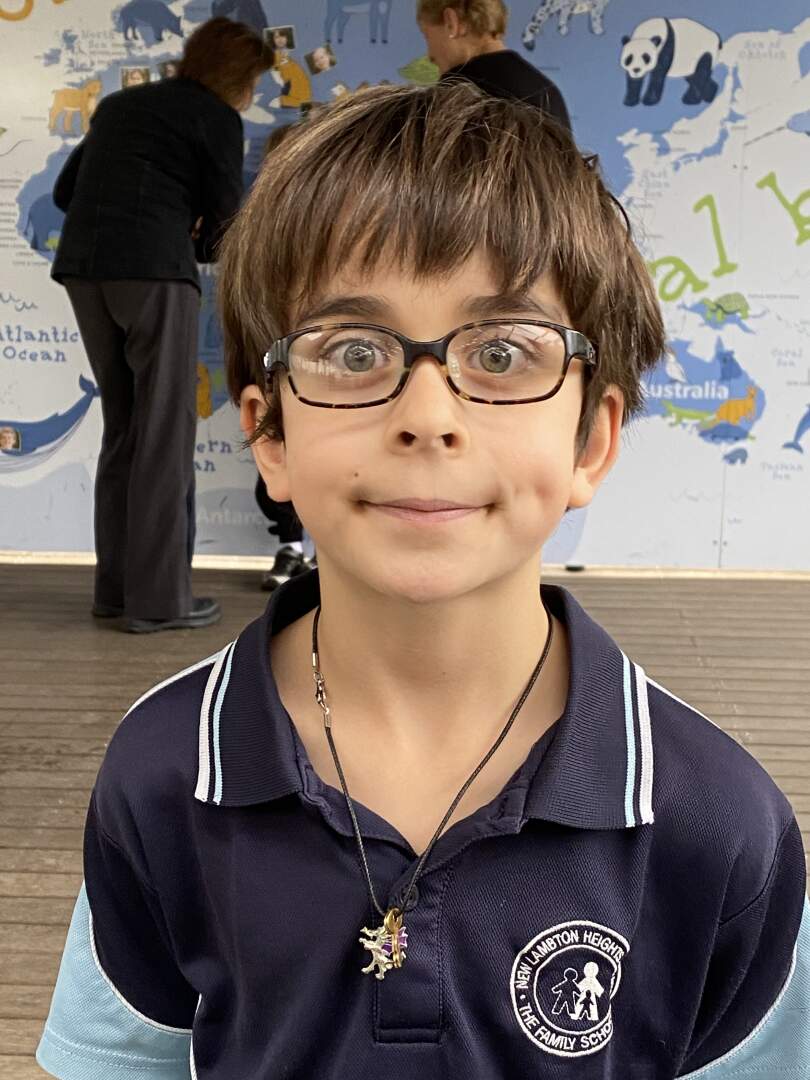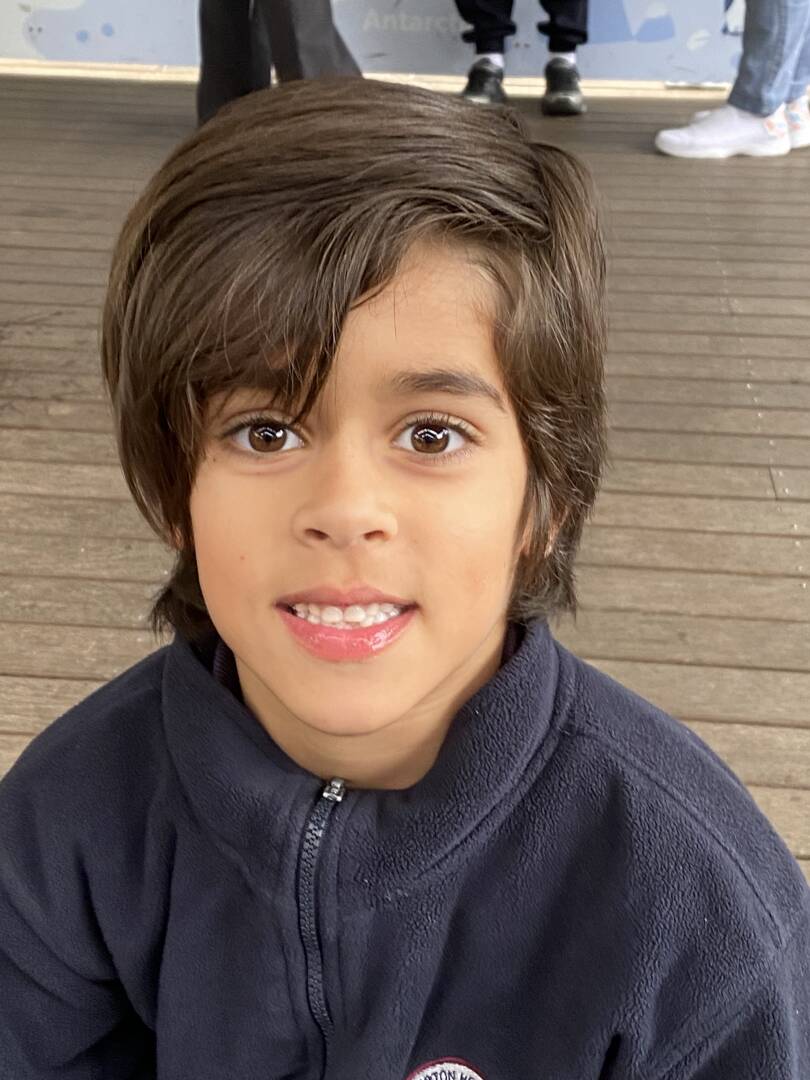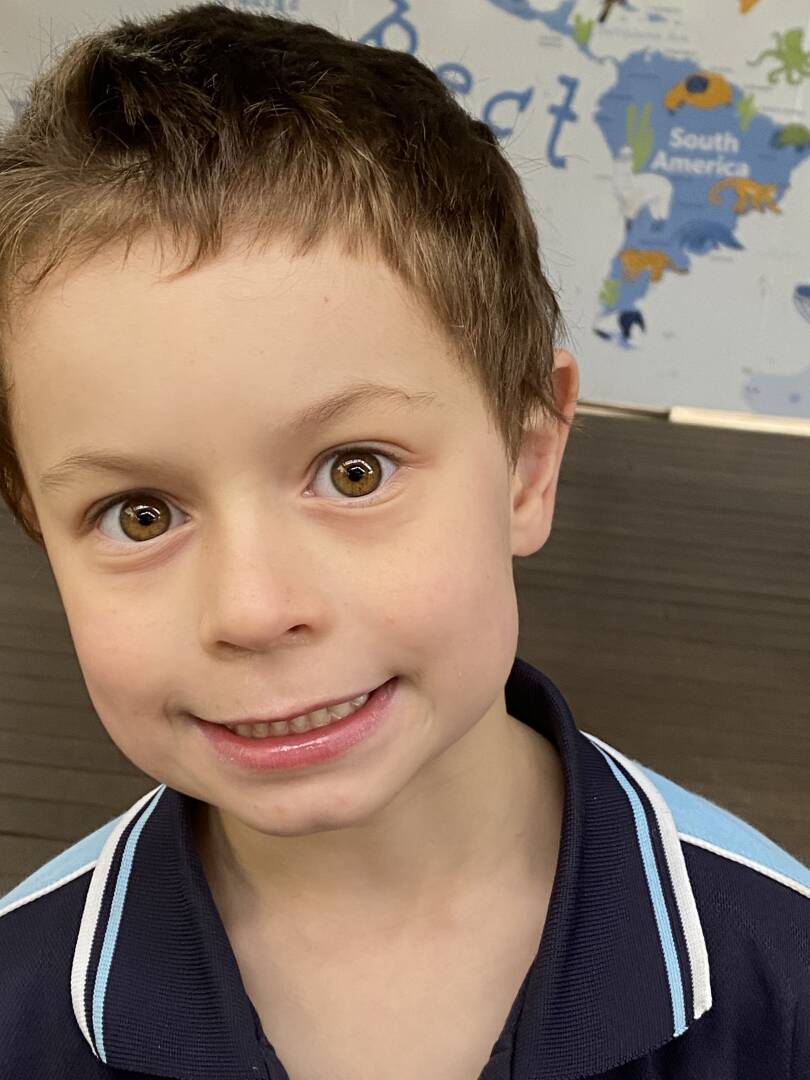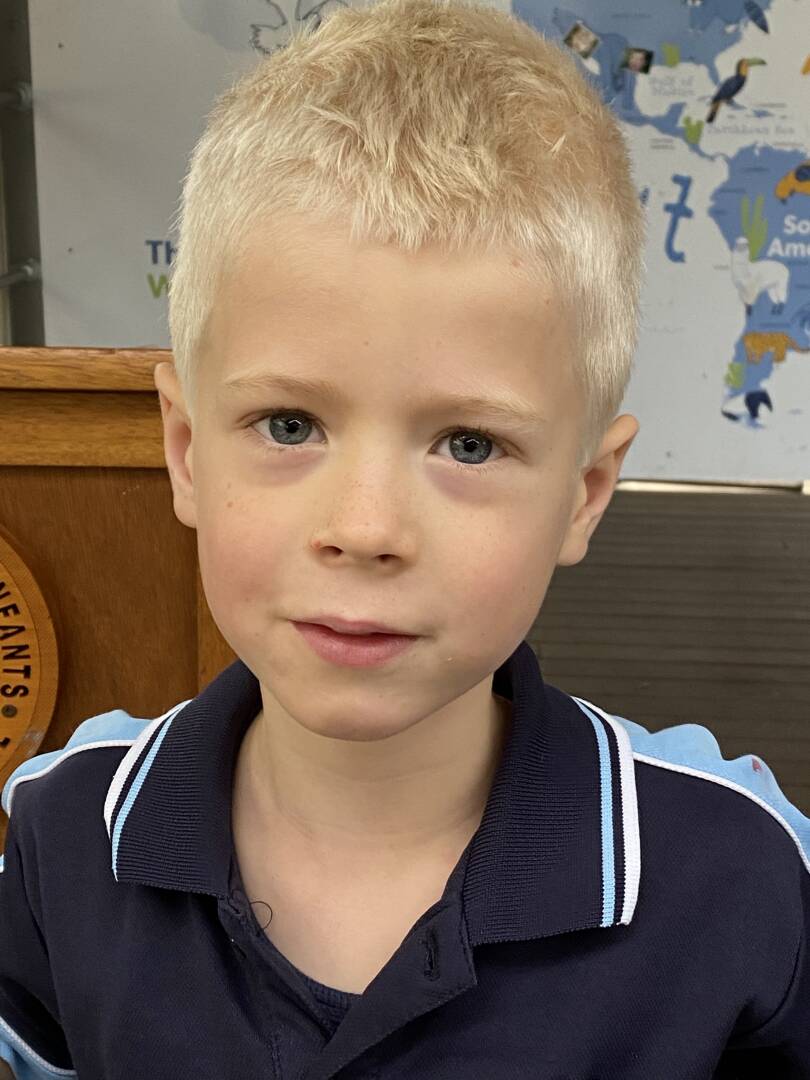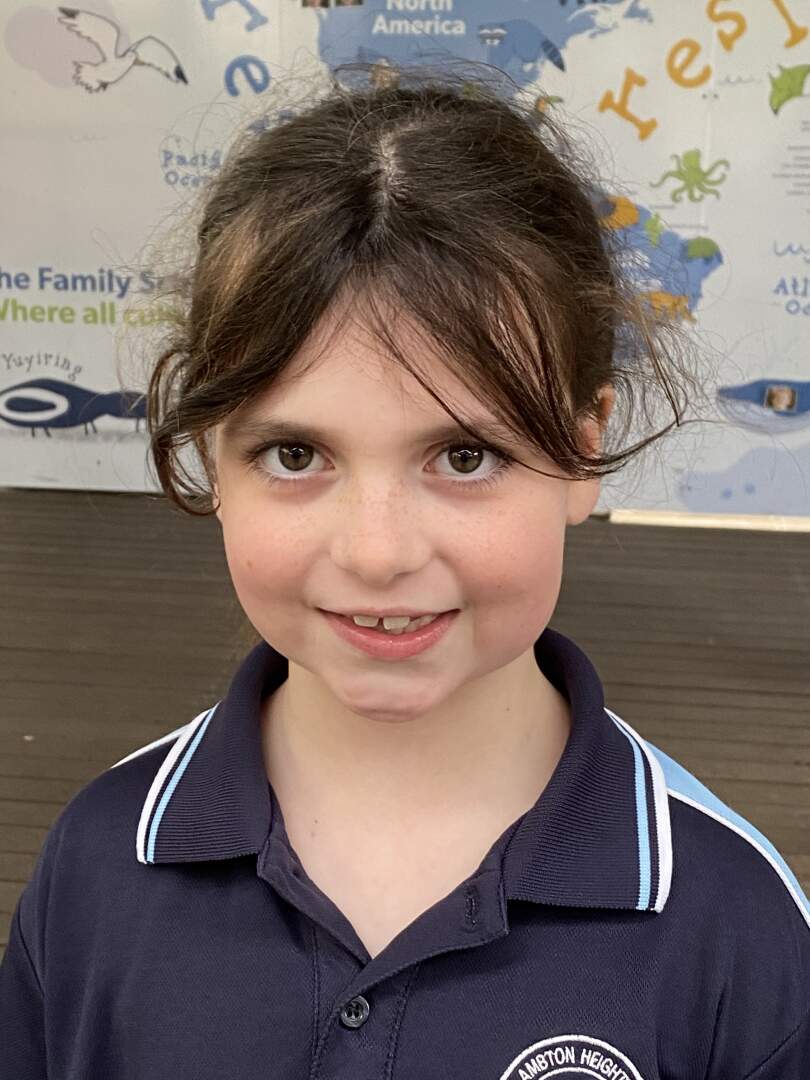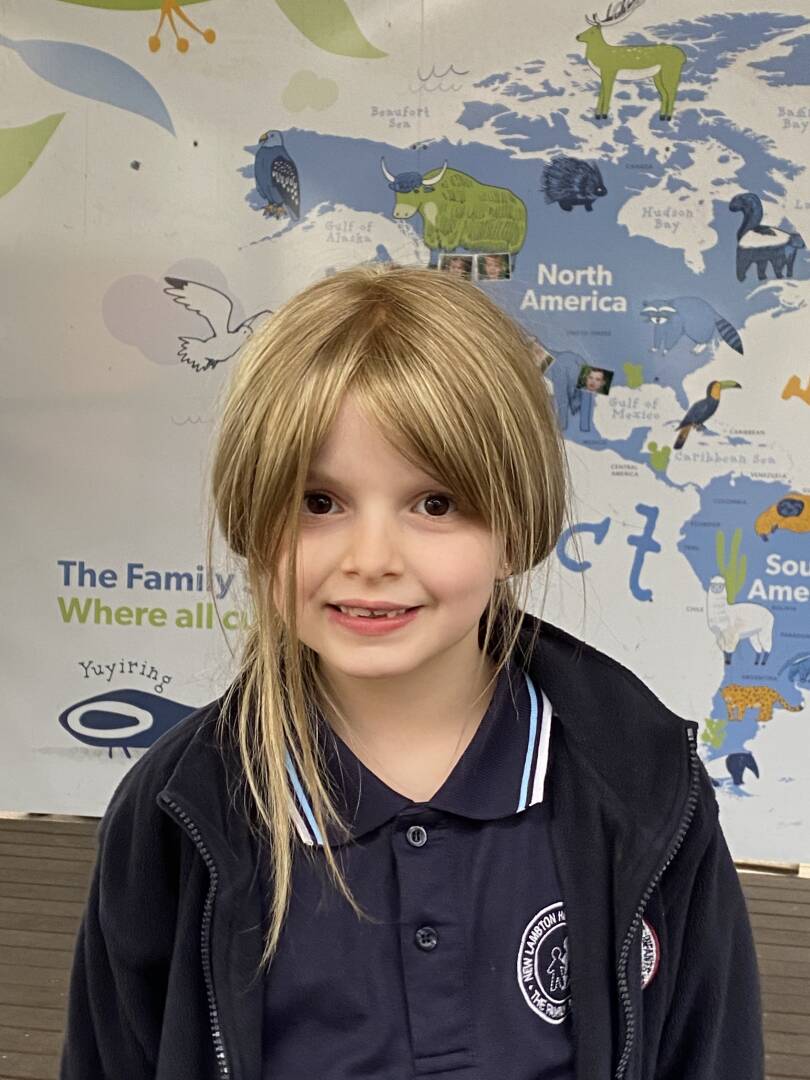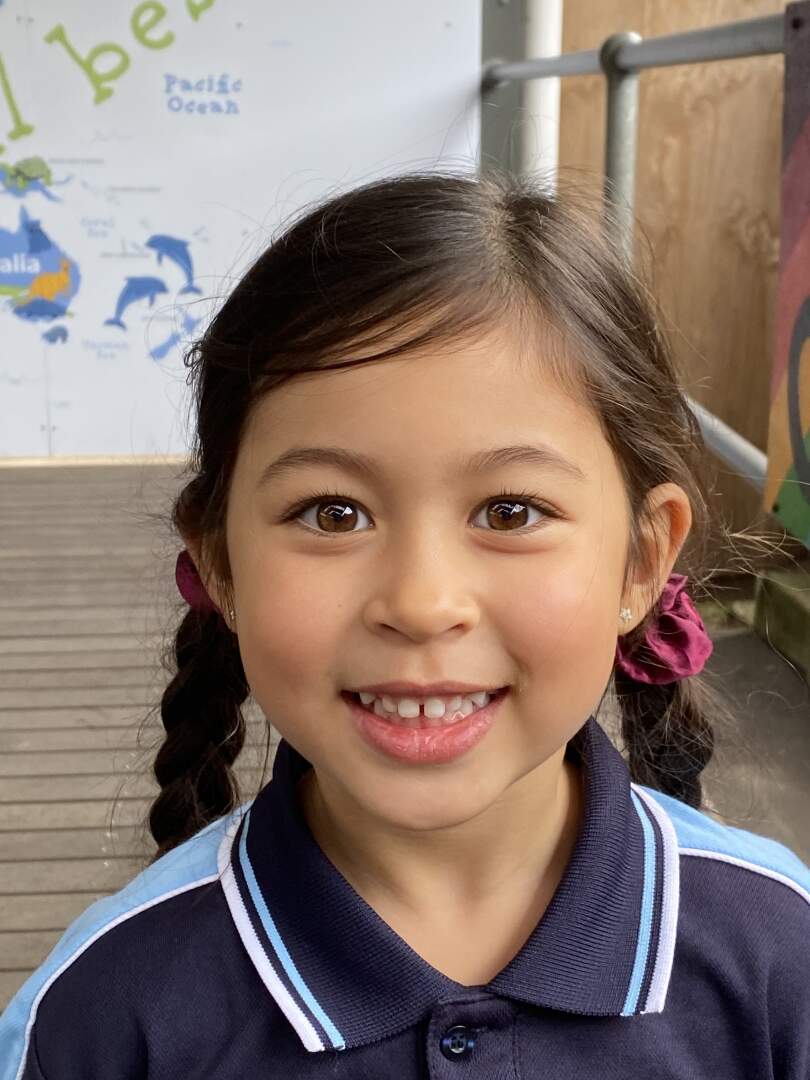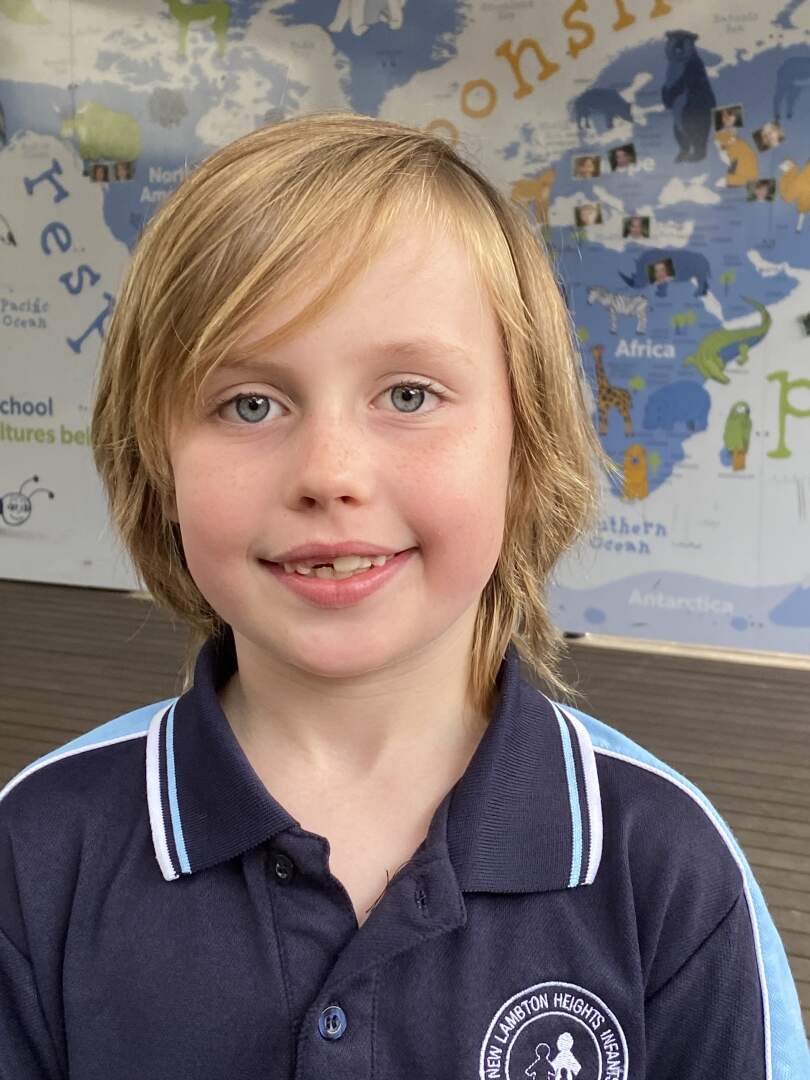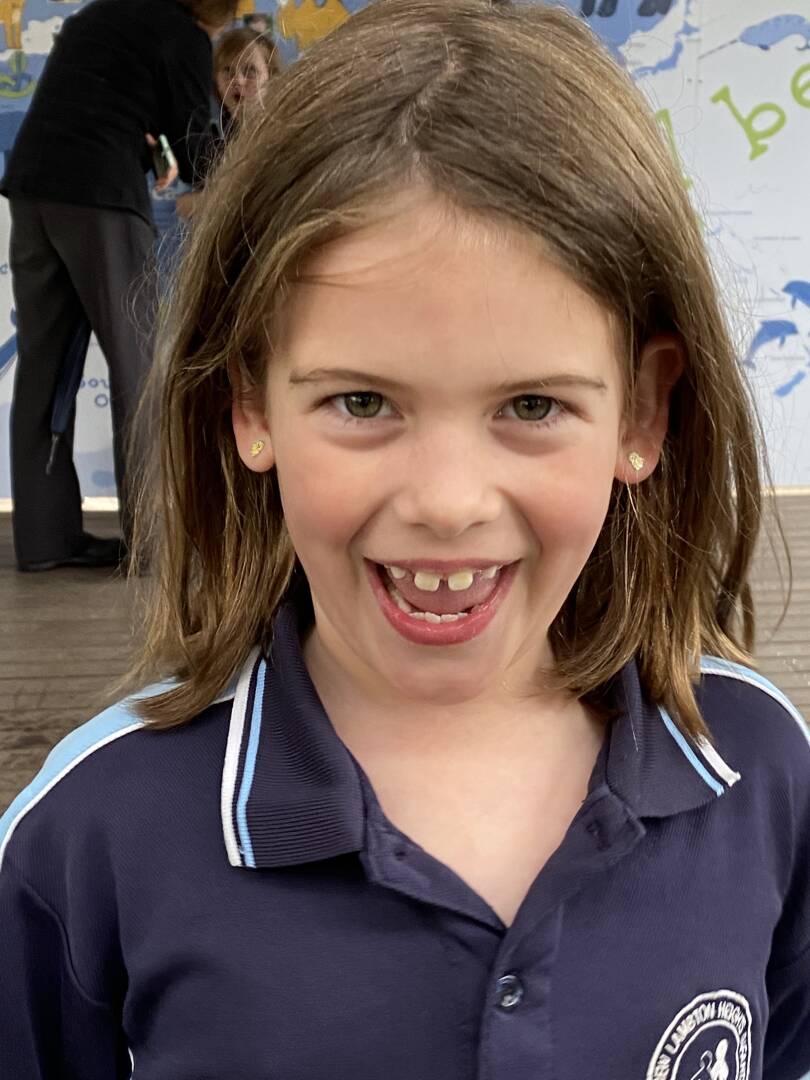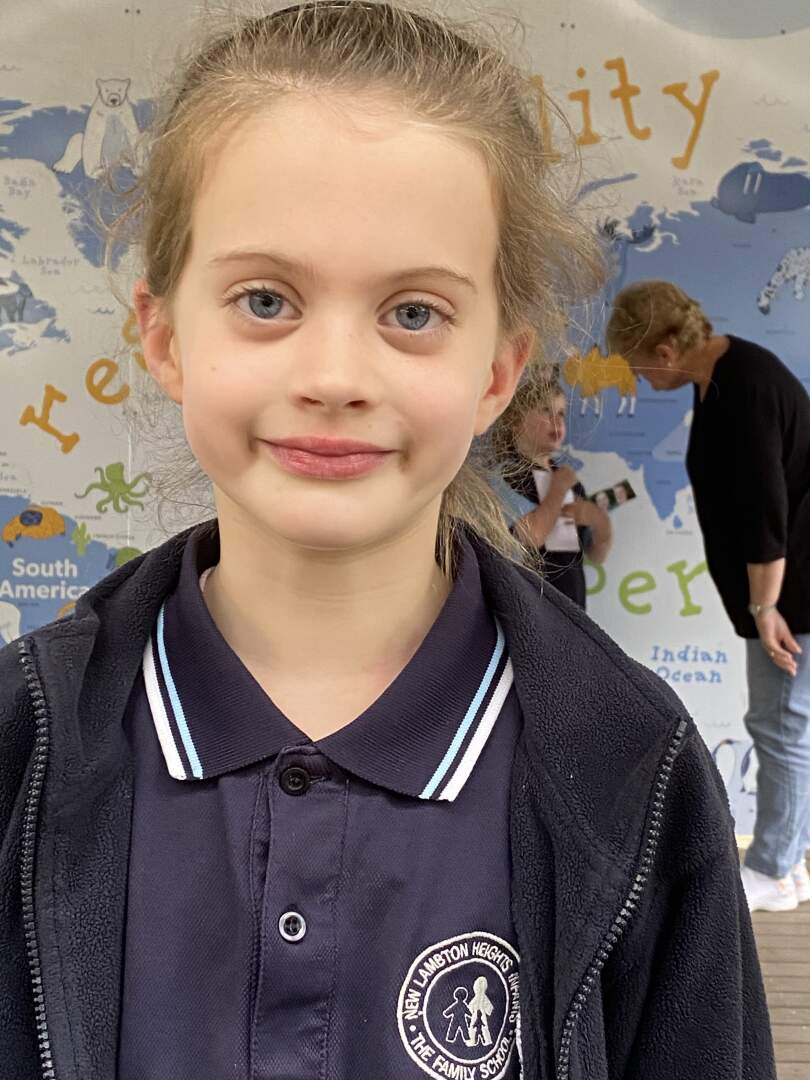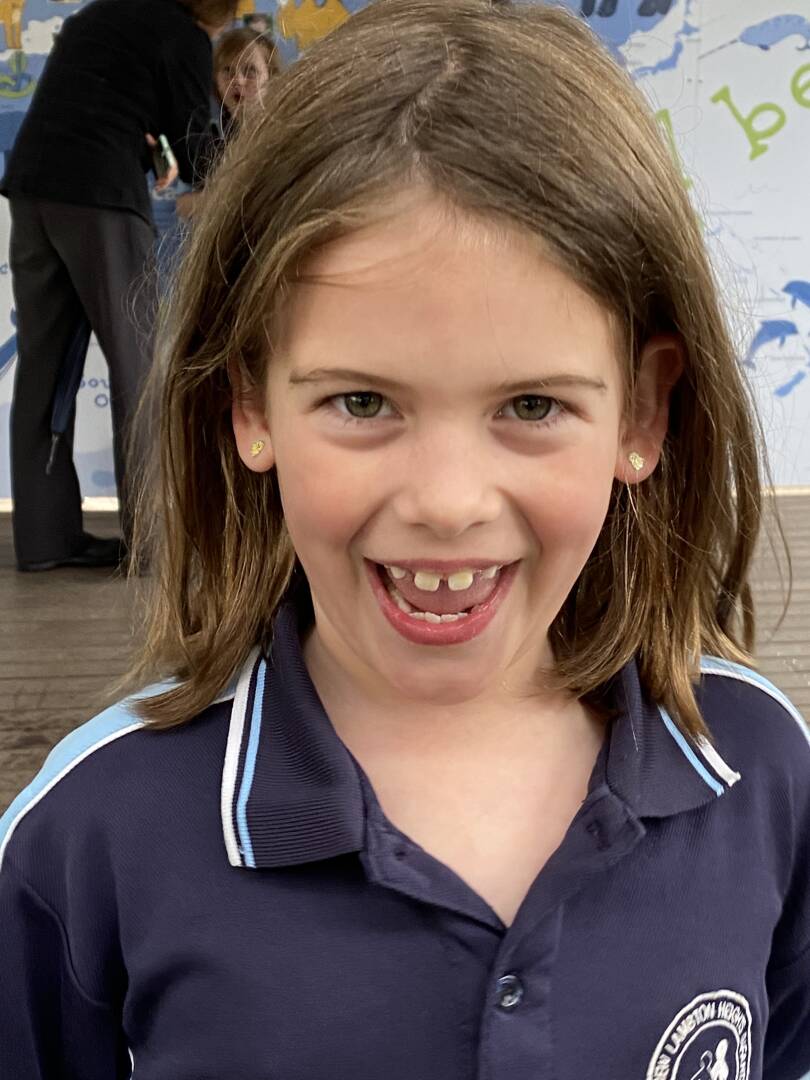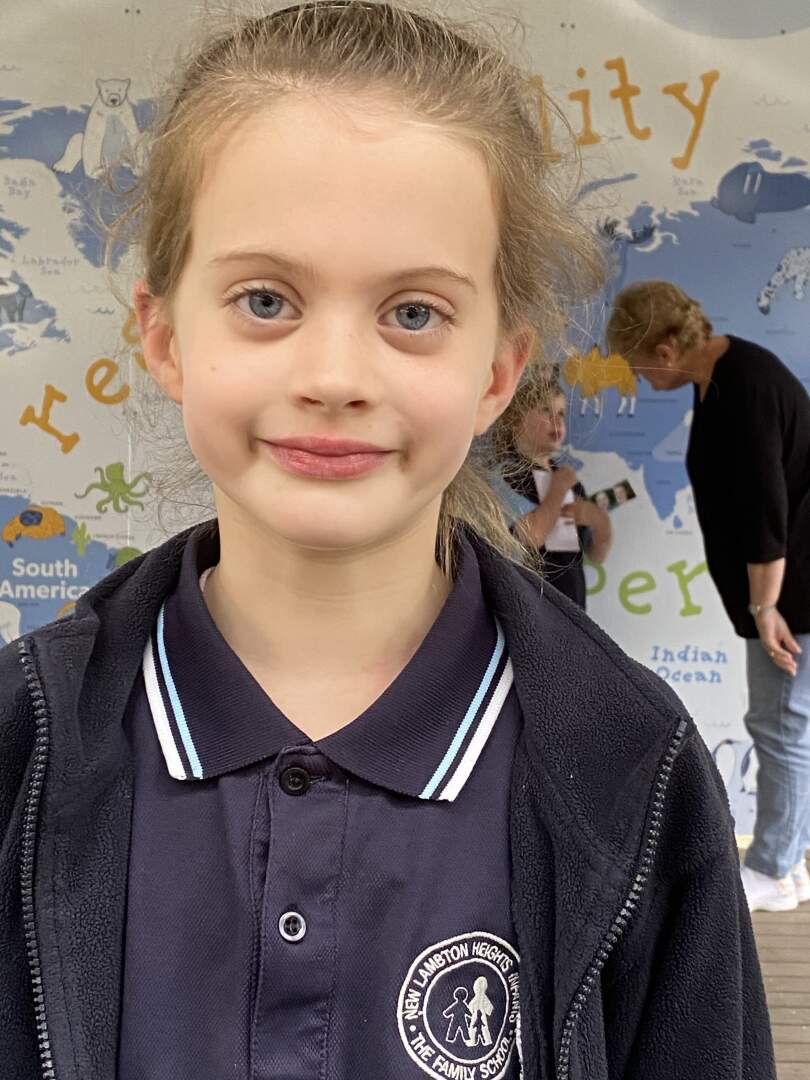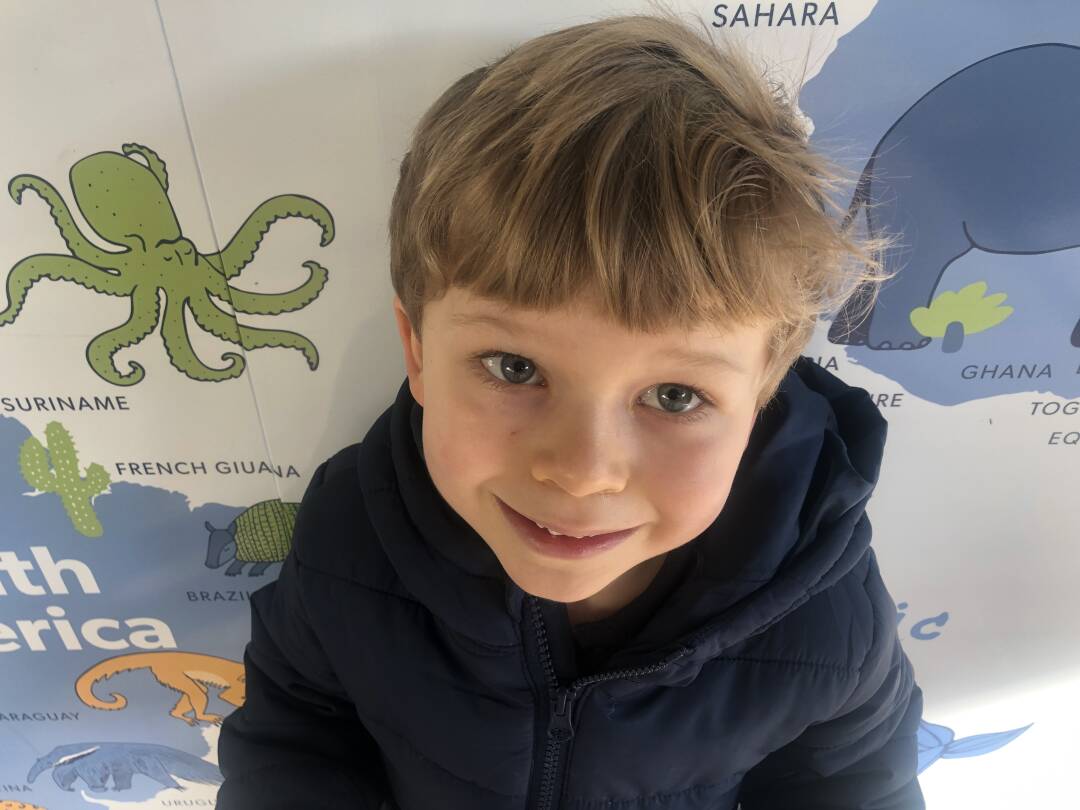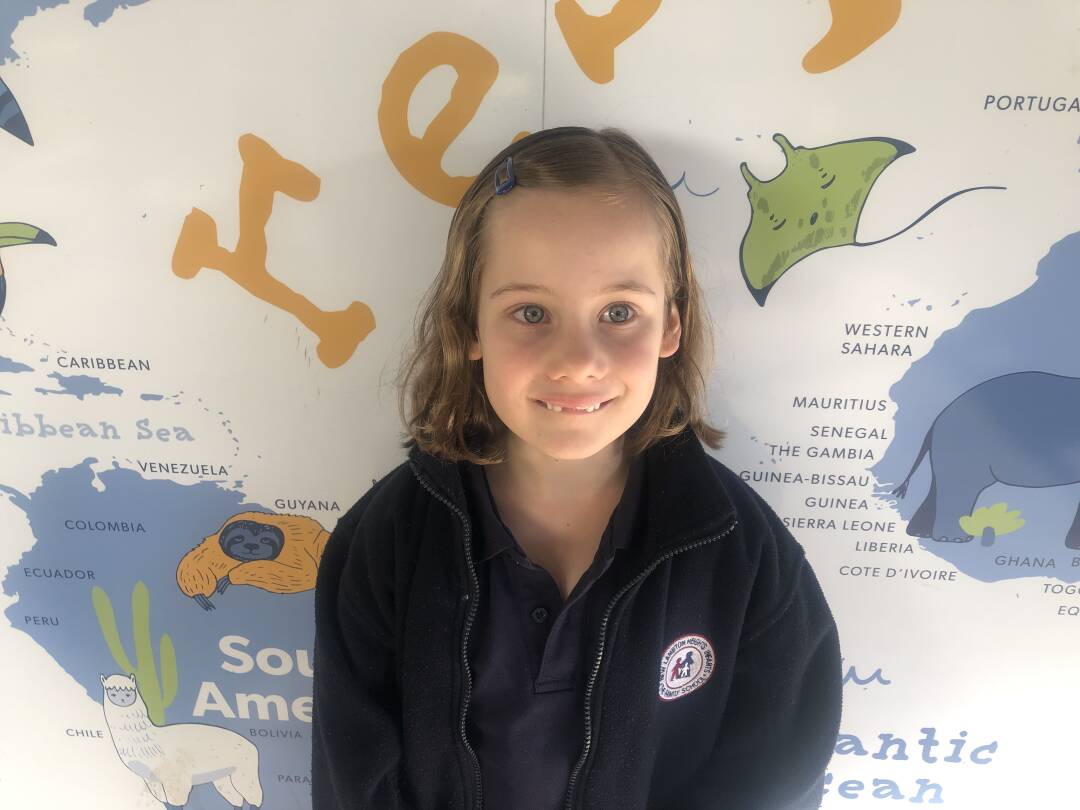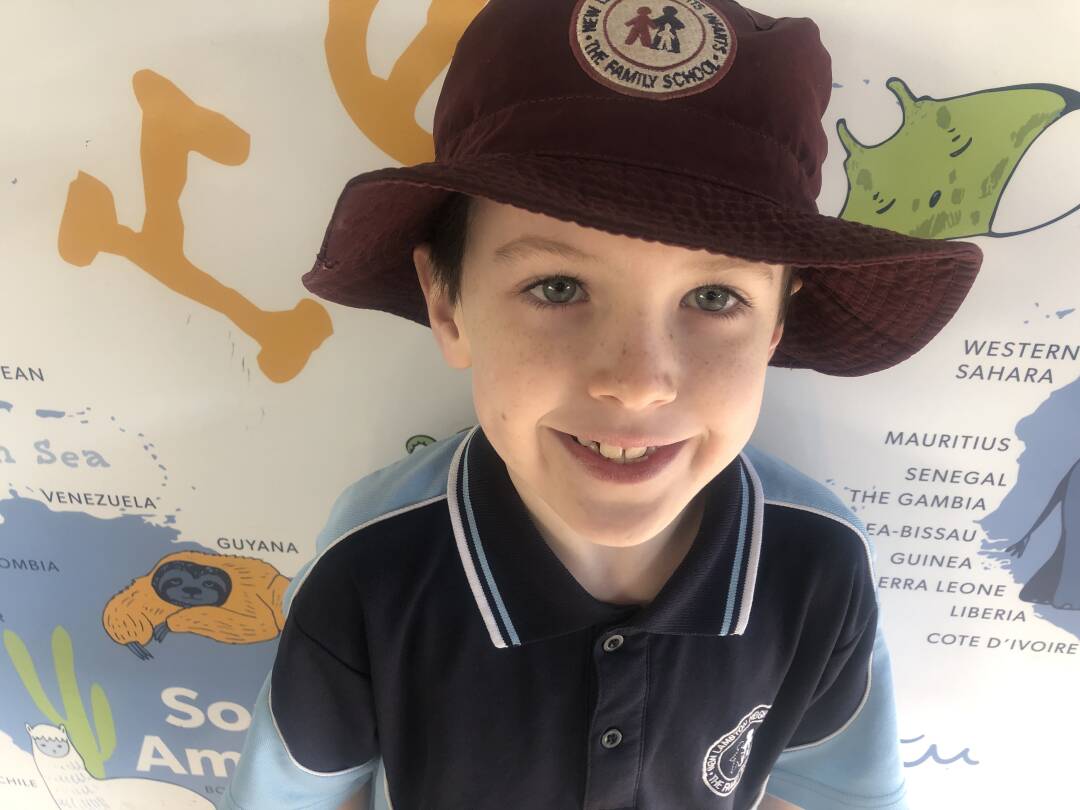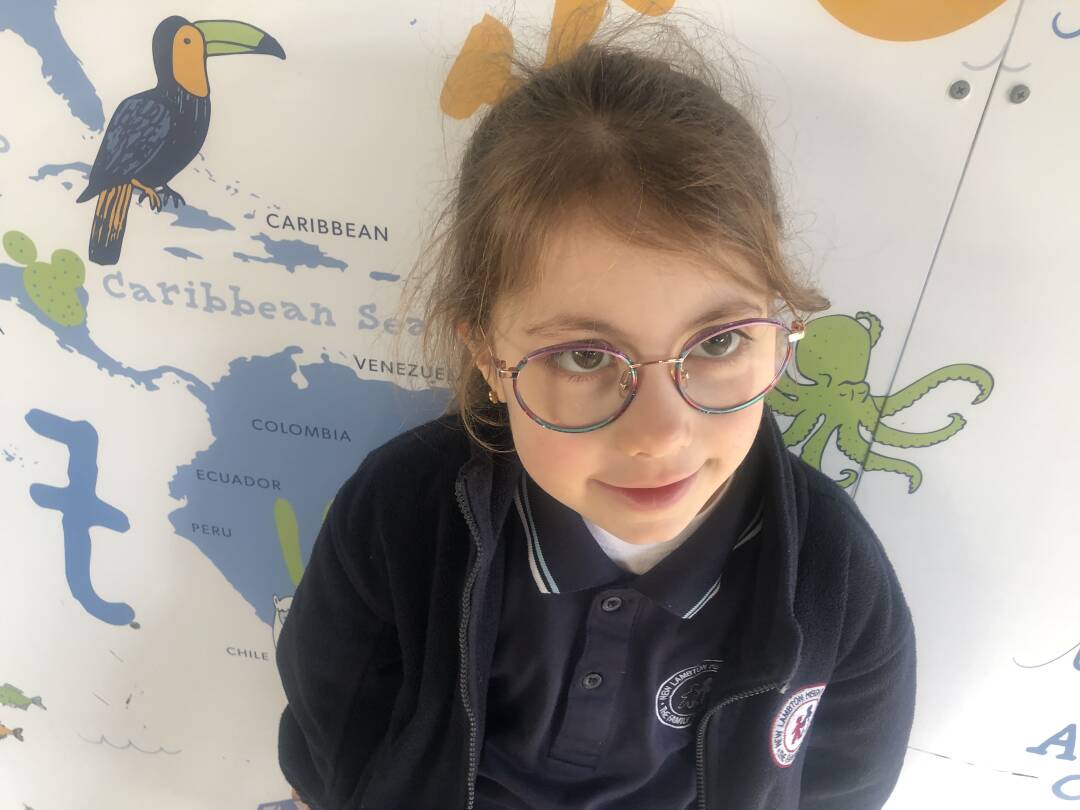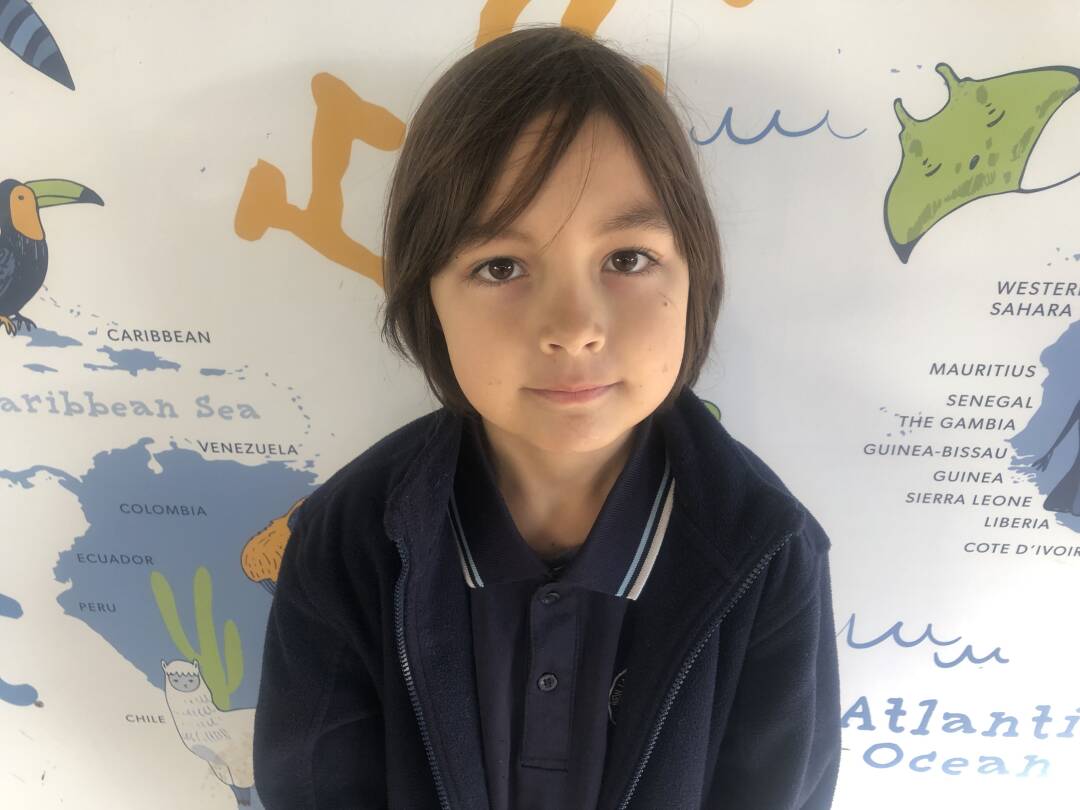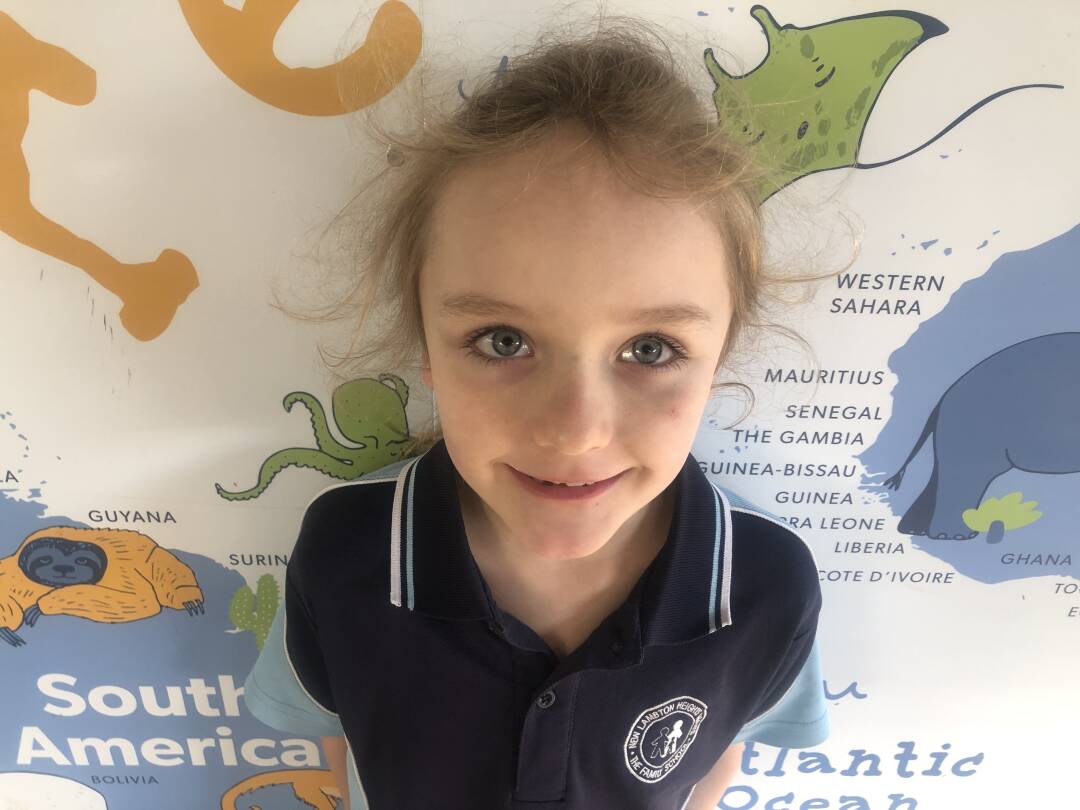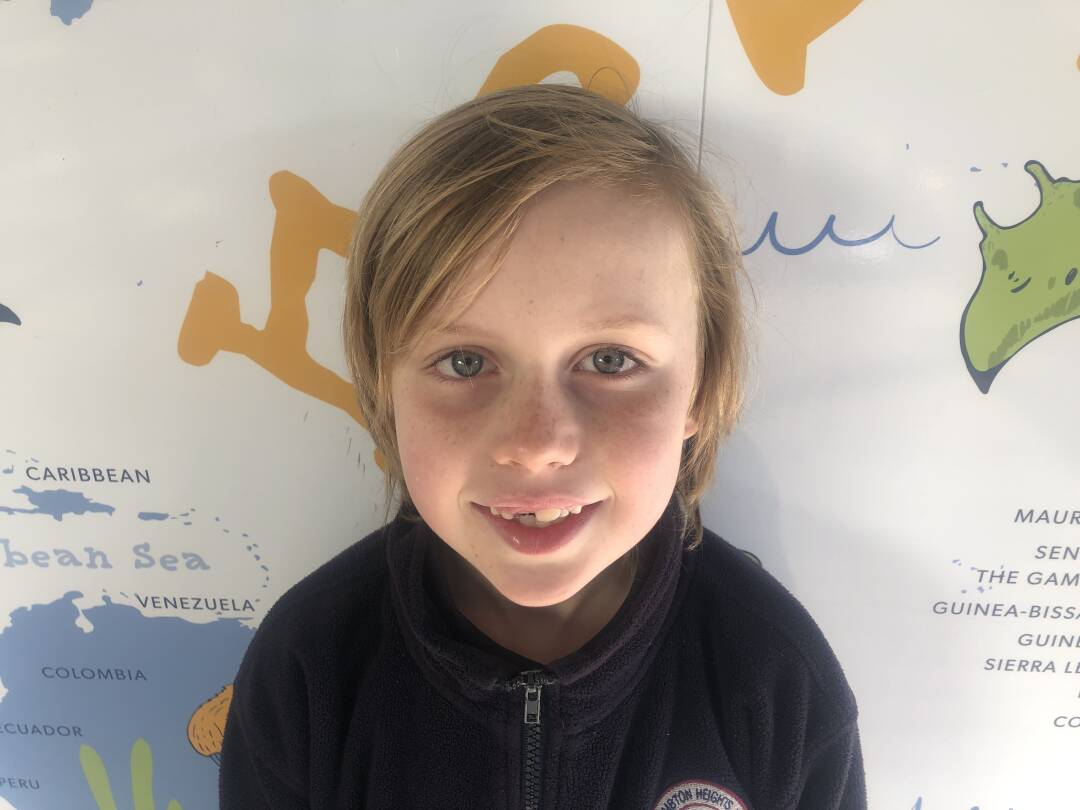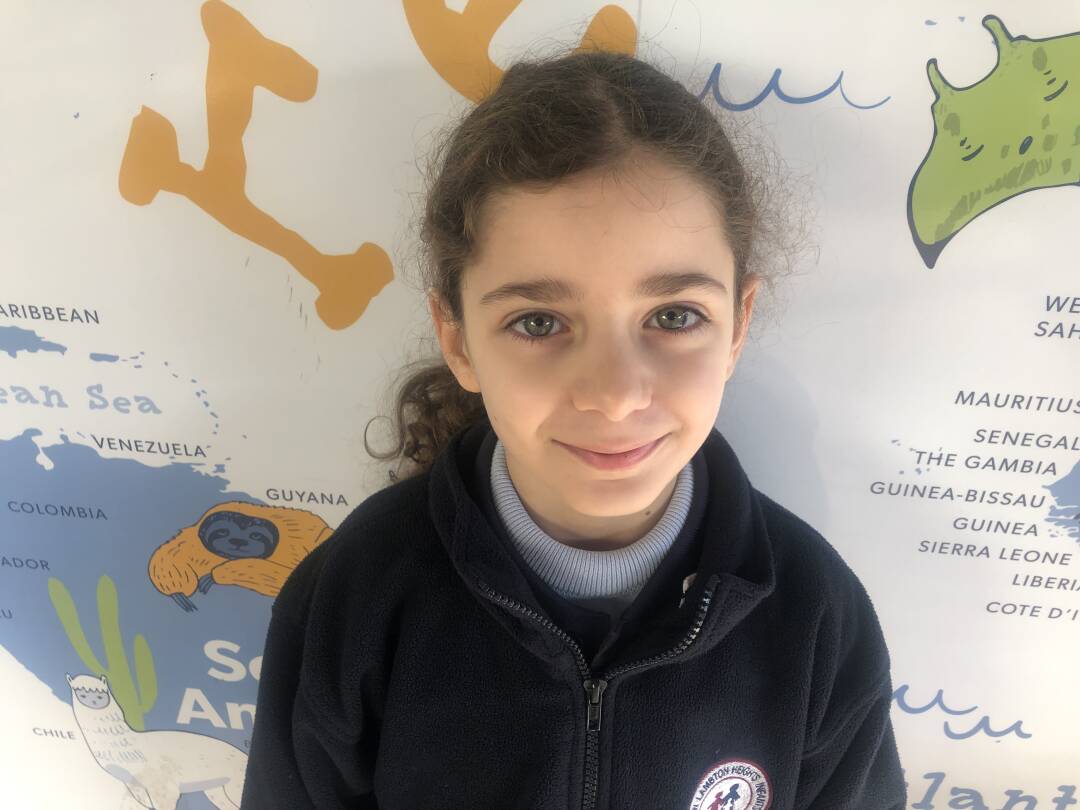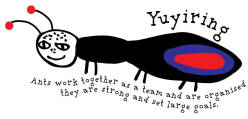We are currently in the second year of implementation of the new K-2 English syllabus. One area we have noticed that has become more systematic and explicit the content around creating texts for a range of purposes. When you look at the scope of writing being produced across the three classes, the systematic building of language structures, vocabulary and purpose specific punctuation is evident. The approach in the new syllabus supports students to write higher quality pieces of work as it explicitly teaches concepts that became more complex. You may have noticed that students are bringing home merit awards for writing different types of sentences structures (simple, compound and complex) or using grammatical features such as adjectives, noun groups and adverbs to enhance their writing for their audience. Even Kindergarten are learning about adjectives! With this we have seen a huge shift in using the metalanguage. To support students with their sentence-level writing, a metalanguage needs to be established for describing how sentences and words work together to make meaning. Metalanguage enables teachers and students to engage in focused discussions about how language works in mentor texts and in their own written texts. By using the correct metalanguage, we are not confusing students. As they progress in their grades or across schools eg we teach the word adjective and use it rather than 'describing words', starting in Kindergarten all the way through to Year 12!
Another place you will notice the use of metalanguage will be in your child's upcoming report. To support you with this, Mrs Lennard has put together a glossary of terms for you all to refer to, as we are aware that some of this may be new language to you all - as it was to us!
It has been so lovely to see our authors of the future working hard. Students in Kindergarten have been producing sentences that include an adjective. Year 1 are writing descriptive paragraphs about characters in their mentor texts. Year 2 have been gathering information from a variety of sources including podcasts, internet and books. From this they have been learning to make summary maps, which they then use to write a variety of sentence types, grouped into paragraphs. They have learnt the importance of using the correct tense and subject-specific vocabulary. To add further challenge, students are learning to use their knowledge about the topic to create a descriptive text. Year 2 are going to attempt to write a hybrid text which combines factual information and descriptive writing. Pretty impressive for Year 2! Alison Lester watch out!
Have a lovely weekend.
Lisa Hughes
Principal


